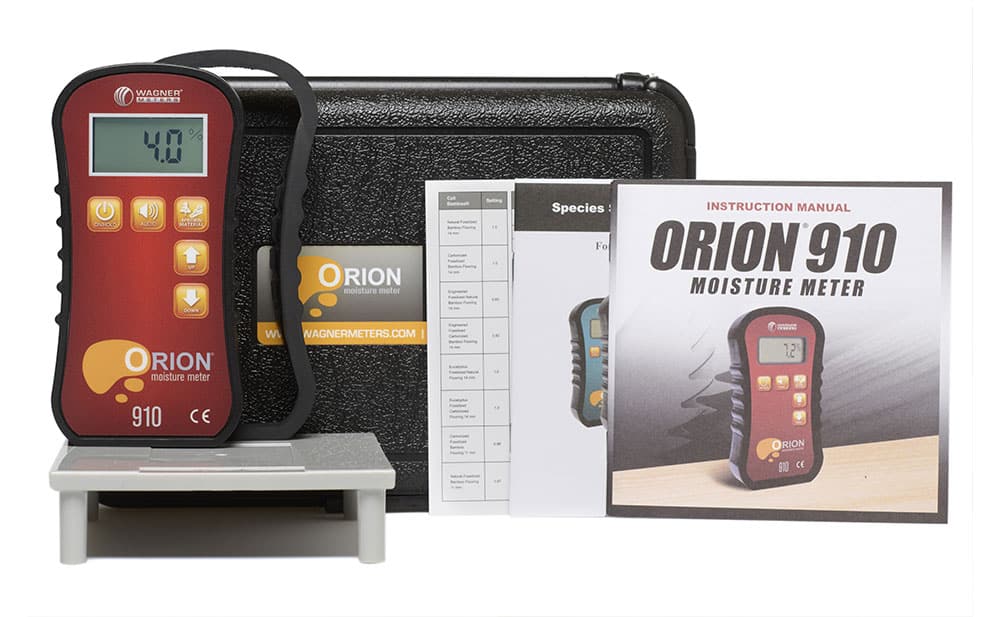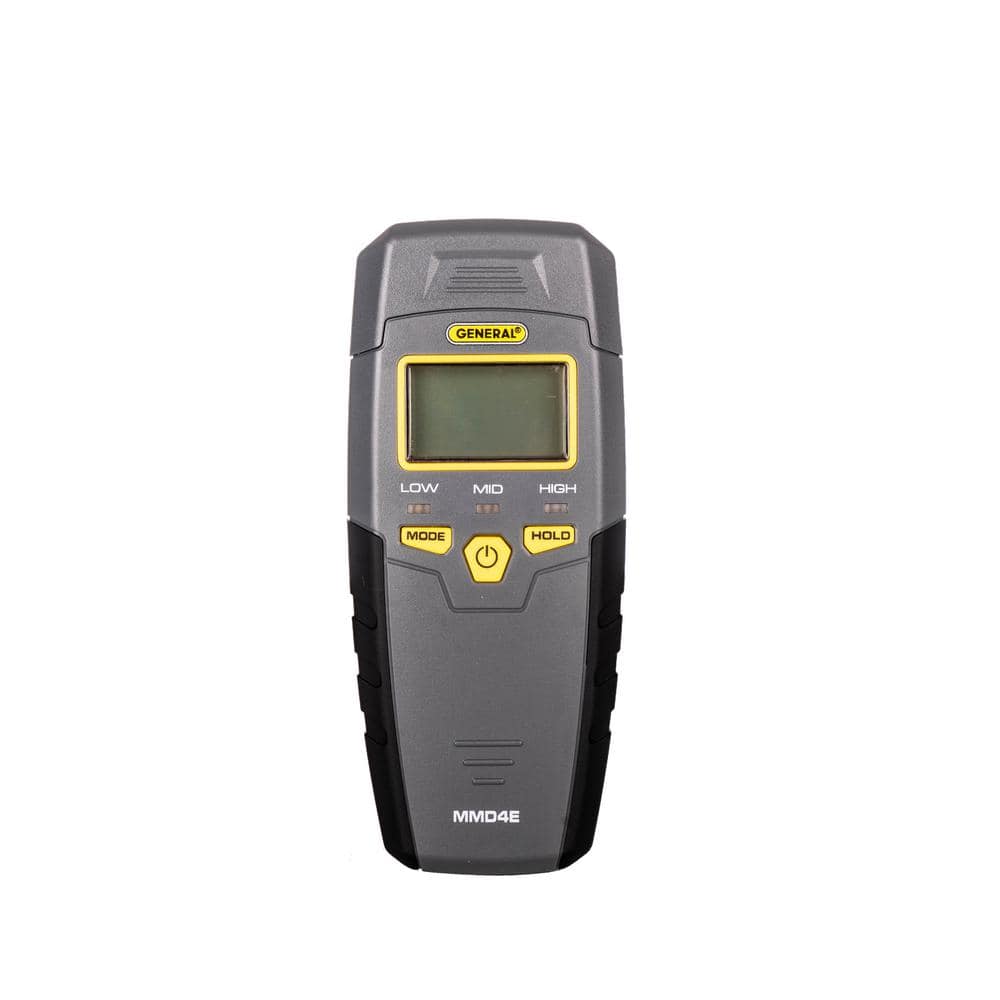Moisture Meter Reviews: Contrasting the very best Models for Specialist and Do It Yourself Use
Moisture Meter Reviews: Contrasting the very best Models for Specialist and Do It Yourself Use
Blog Article
The Ultimate Guide to Dampness Meters: A Comprehensive Summary and How They Can Conserve You Money
In the world of structure maintenance, building and construction, and different sectors, the significance of properly gauging moisture degrees can not be overstated. Dampness meters act as important tools in finding and monitoring moisture content in products, assisting in avoiding pricey problems and ensuring the quality of items. Comprehending the subtleties of different sorts of wetness meters, their applications, and the prospective cost-saving advantages they offer can be a game-changer for businesses and experts alike. Finding how these tools can not only simplify procedures yet additionally add to monetary savings is a journey worth starting.
Kinds Of Moisture Meters
One typical kind is the pin-type moisture meter, which measures the electric resistance between two pins put into a material. Pinless wetness meters, on the other hand, usage electromagnetic sensor plates to check a bigger location without creating damages to the material's surface area.

In addition, there are additionally specialized dampness meters created for specific products like grain, hay, or soil. These meters supply exact wetness readings customized to the distinct homes of the material being checked. Infrared wetness meters measure the thermal residential or commercial properties of a material to determine its dampness web content non-invasively, making them useful for applications where pin or pinless meters may not be suitable. Recognizing the different sorts of dampness meters readily available can help markets choose one of the most ideal tool for their specific moisture measurement requirements.

Advantages of Using Wetness Meters
Dampness meters supply indispensable benefits in precisely monitoring and assessing wetness levels in varied materials and settings. One of the main advantages of making use of wetness meters is the prevention of prospective damage triggered by excess wetness.
In addition, making use of dampness meters can lead to boosted energy efficiency. In agricultural settings, wetness meters play an essential role in enhancing crop returns by allowing farmers to keep an eye on soil wetness degrees and make educated watering choices.
Exactly How to Pick the Right Moisture Meter
When choosing a dampness meter, it's important to make certain that the meter is suitable for the particular product you will be screening. Different products have differing electrical homes that can influence moisture readings, so selecting a meter made for your material is essential for accurate outcomes. By meticulously assessing these elements, you can choose a dampness meter that fulfills your demands and provides exact dampness measurements for your projects.
Proper Strategies for Wetness Meter Use

Price Cost Savings Via Dampness Meter Applications
Exactly how can the strategic application of dampness meters lead to substantial price financial savings across various sectors? In the agriculture market, wetness meters help in figuring out the optimum time for collecting crops, stopping over-drying or excess wetness that can influence the final product's top quality.
Similarly, in building you could look here and construction, moisture meters assist prevent costly damages by finding dampness levels in structure products, such as wood or concrete, which can cause architectural concerns if not resolved without delay. By identifying trouble areas early, specialists can take restorative actions to avoid extensive repair services or substitutes, inevitably saving time and money.
In addition, in the food processing market, dampness meters are necessary for monitoring product high quality and ensuring conformity with safety laws. By precisely measuring dampness content in foodstuff, manufacturers can stop perishing, keep quality, and decrease waste, causing significant price financial savings. Overall, the calculated application of moisture meters is a valuable financial investment that can bring about substantial price reductions and improved performance across different industries.
Final Thought
In conclusion, moisture meters are useful tools for determining and discovering dampness degrees in various materials. By using the ideal moisture meter and following appropriate click for more strategies, customers can efficiently avoid expensive problems triggered by excess moisture.
Dampness meters serve as crucial tools in detecting and keeping an eye on moisture content in products, helping in preventing costly problems and making certain the quality of products. Infrared moisture meters measure the thermal properties of a product to identify its dampness web content non-invasively, making them beneficial for applications where pin or pinless meters might not be appropriate.Dampness meters provide invaluable advantages in properly evaluating and keeping track of moisture degrees in diverse materials and settings. In farming setups, moisture meters play a vital duty in optimizing plant returns by allowing farmers to keep track of soil dampness degrees and make informed watering decisions.In conclusion, wetness meters are beneficial devices for discovering and determining wetness degrees in numerous products.
Report this page